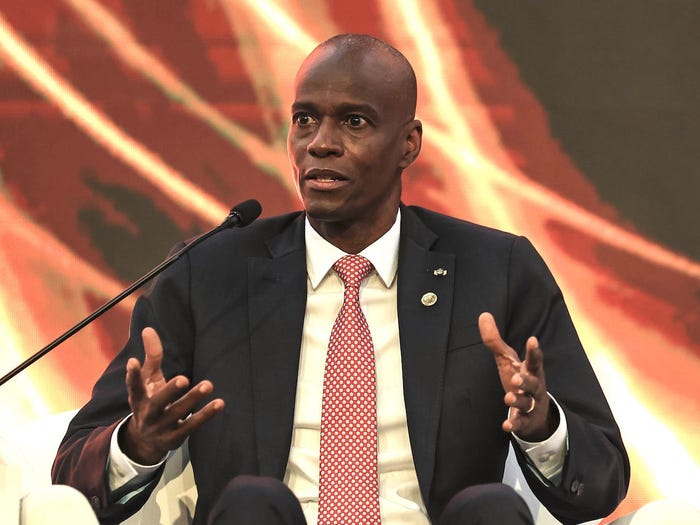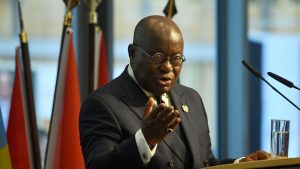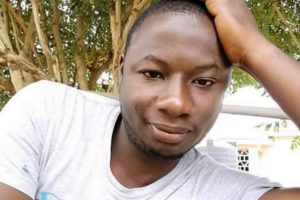Haiti’s President Jovenel Moïse has been killed in an attack on his home in the nation’s capital, according to the country’s interim prime minister.
Claude Joseph said the president’s home in Port-au-Prince was stormed by unidentified armed men at 01:00 local time (05:00 GMT).
First Lady Martine Moïse was also injured in the attack.
Mr Joseph said that “all measures had been taken to guarantee the continuity of the state”.
He has now taken control of the impoverished Caribbean nation, and has urged the public to remain calm.
He called the shooting of the president a “heinous, inhuman and barbaric act”.
Jovenel Moïse, 53, had been in power since February 2017, after his predecessor Michel Martelly stepped down.
Mr Moïse’s time in office was rocky as he faced accusations of corruption and was challenged by waves of often violent anti-government protests.
There were widespread protests in the capital and other cities earlier this year, as people demanded his resignation.
Haiti’s opposition said that Mr Moïse’s five-year term should have ended on 7 February 2021, five years to the day since Mr Martelly stepped down.
Mr Moïse, however, insisted he had one more year to serve as he did not take office until 7 February 2017.
The year-long delay was caused by allegations of electoral fraud which eventually saw the result of the 2015 election being annulled and fresh polls being held, which were won by Mr Moïse.
On 7 February, the day his opponents said his term should have ended, he said that a “coup to overthrow his government and assassinate him” had been foiled.
Chronic instability, dictatorships and natural disasters have left Haiti as one of the poorest nations in the Americas.
An earthquake in 2010 killed more than 200,000 people and caused extensive damage to infrastructure and the economy.
A UN peacekeeping force was put in place in 2004 to help stabilize the country, and only withdrew in 2017.







